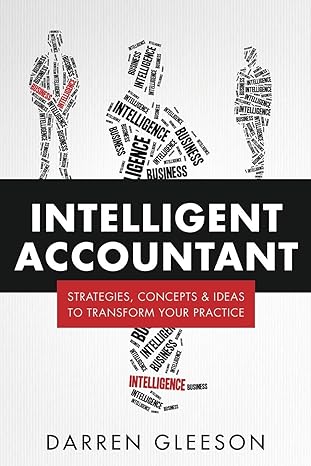Answered step by step
Verified Expert Solution
Question
1 Approved Answer
Canine Kennels Company (CKC) manufactures two different types of dog chew toys (A and B, sold in 1,000-count boxes) that are manufactured and assembled on
Canine Kennels Company (CKC) manufactures two different types of dog chew toys (A and B, sold in 1,000-count boxes) that are manufactured and assembled on three different workstations (W,X, and Y) using a small-batch process (see the figure below). Batch setup times are negligible. The flowchart denotes the path each product follows through the manufacturing process, and each product's price, demand per week, and processing times per unit are indicated as well. Purchased parts and raw materials consumed during production are represented by inverted triangles. CKC can make and sell up to the limit of its demand per week; no penalties are incurred for not being able to meet all the demand. Each workstation is staffed by a worker who is dedicated to work on that workstation alone and is paid $7 per hour. Total labor costs per week are fixed. Variable overhead costs are $3,500/week. The plant operates one 8-hour shift per day, or 40 hours/week Q Product A $5 Step 1 Station Wh Step 2 Station X (11 min) (10 min) Step 3 Station Y (14 min) Product: A Price: $60/unit Demand: 80 units/wk Raw materials Purchased park Product B Step 1 Station X (20 min) Step 2 Station W (13 min) Step 3 Station Y (10 min) Product B Price: $65/unit Demand: 85 units/wk Raw materials $6 Purchased part The senior management is concemed with the existing capacity limitation, so they want to accept the mix of orders that maximizes the company's profit. Traditionally, CKC has utilized a method whereby decisions are made to produce as much of the product with the highest contribution margin as possible (up to the limit of its demand), followed by the next highest contribution product, and so on until no more capacity is available. Because capacity is limited, choosing the proper Product A $5 Step 1 Station W (11 min) Step 2 Station X (10 min) B Step 3 Product: A B Station Y Price: $60/unit (14 min) Demand: 80 units/wk Raw materials Purchased par Product B $5 Step 11 Station X (20 min) Step 2 Station W (13 min) Step 3 Station Y (10 min) Product: B Price: $65/unit Demand: 85 units/wk Raw materials Purchased part The senior management is concerned with the existing capacity limitation, so they want to accept the mix of orders that maximizes the company's profit Traditionally, CKC has utilized a method whereby decisions are made to produce as much of the product with the highest contribution margin as possible (up to the limit of its demand), followed by the next highest contribution product, and so on until no more capacity is available. Because capacity is limited, choosing the proper product mix is crucial. Troy Hendrix, the newly hired production supervisor, is an avid follower of the theory of constraints philosophy and the bottleneck method for scheduling. He believes that profitability can indeed be improved if bottleneck resources are exploited to determine the product mix a. What is the profit if the traditional contribution margin method is used for determining CKC's product mix? s The profit with the traditional approach is $ (Enter your response rounded to the nearest whole number)
Step by Step Solution
There are 3 Steps involved in it
Step: 1

Get Instant Access to Expert-Tailored Solutions
See step-by-step solutions with expert insights and AI powered tools for academic success
Step: 2

Step: 3

Ace Your Homework with AI
Get the answers you need in no time with our AI-driven, step-by-step assistance
Get Started


